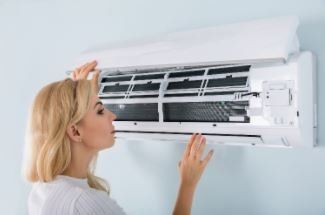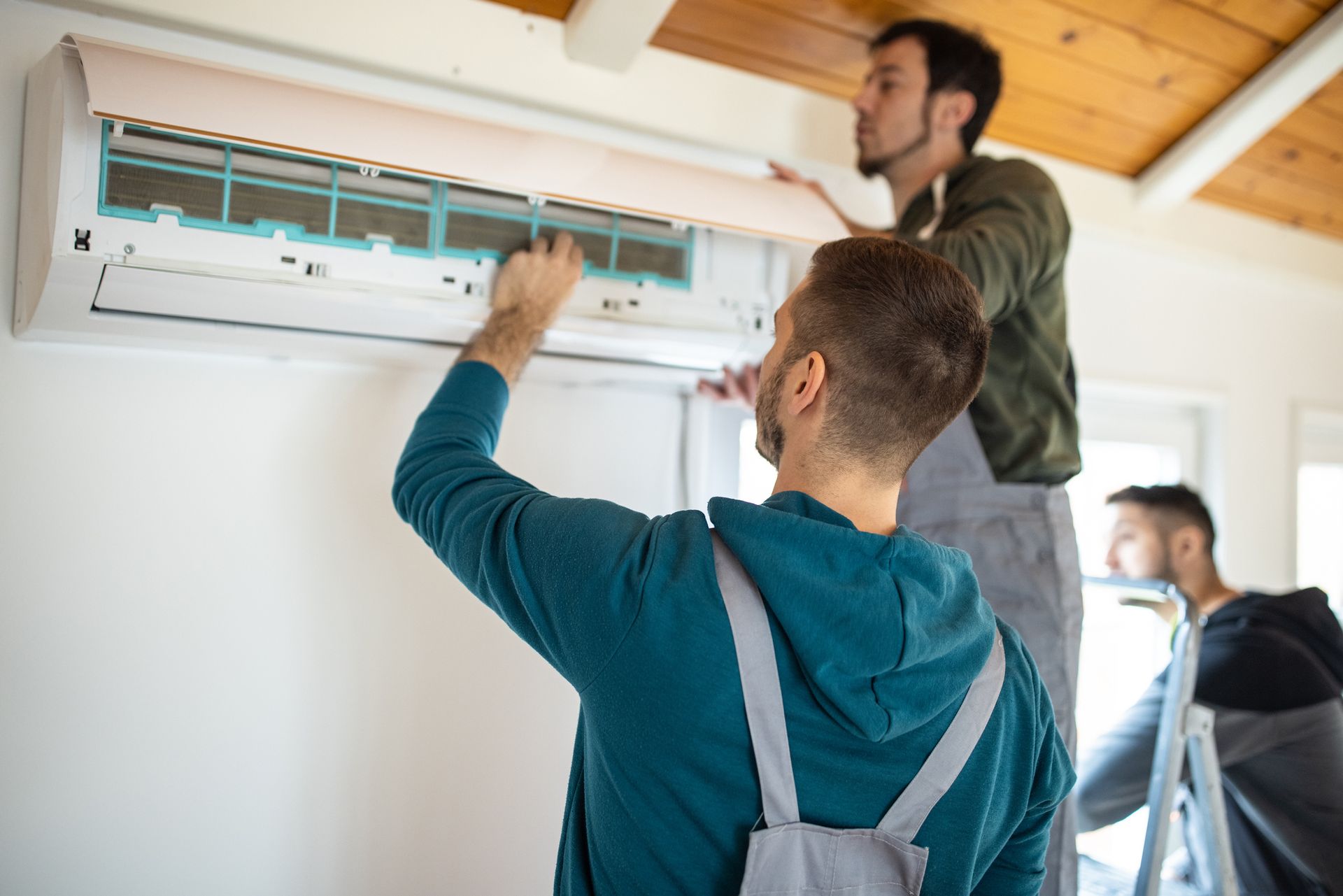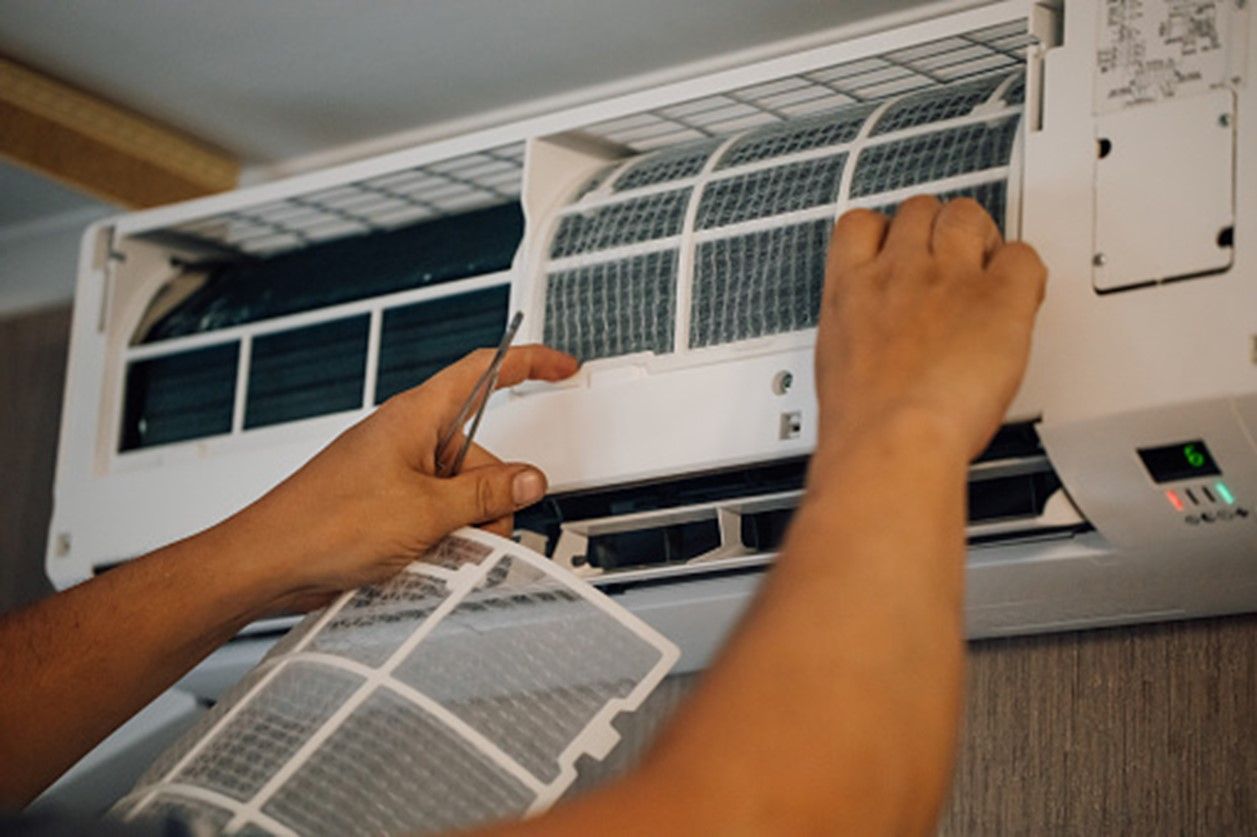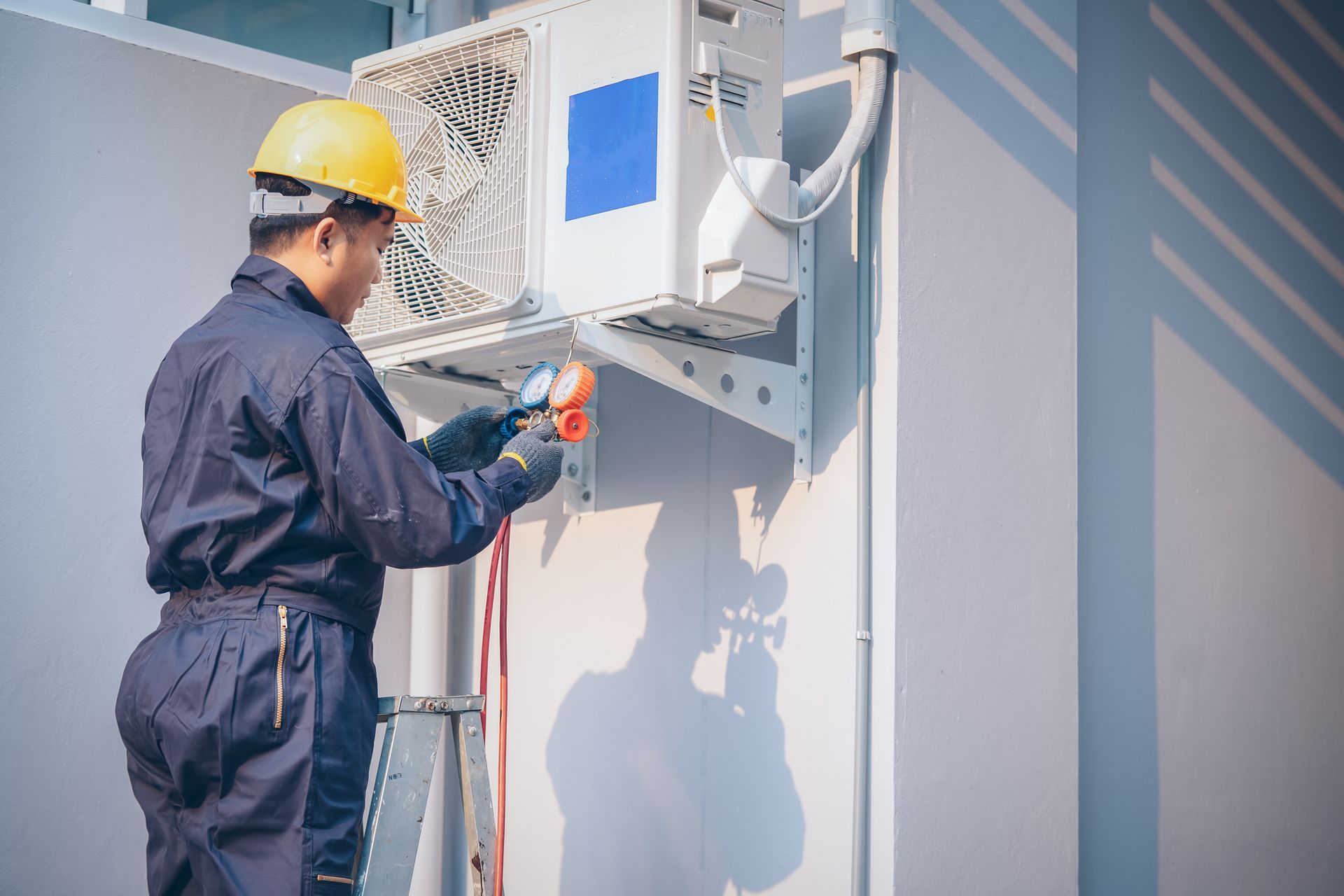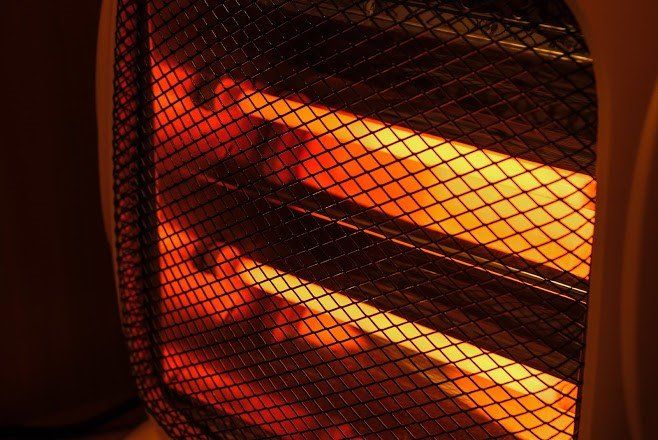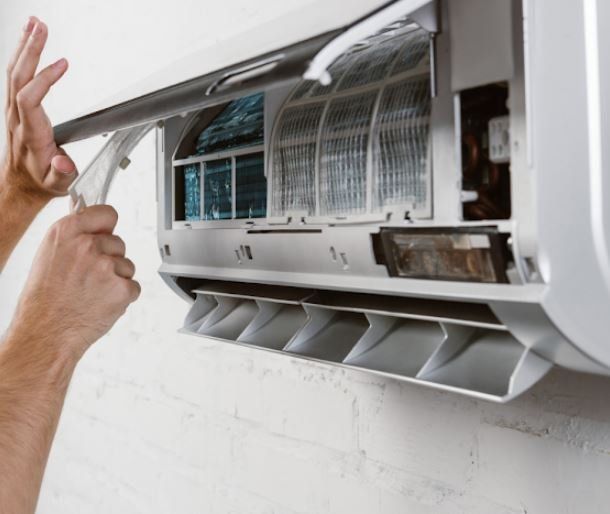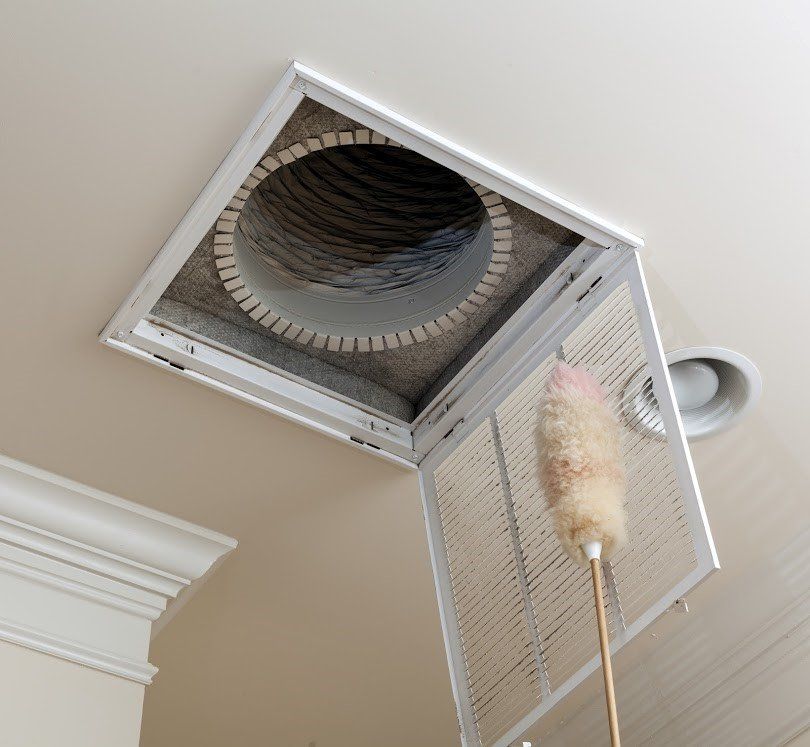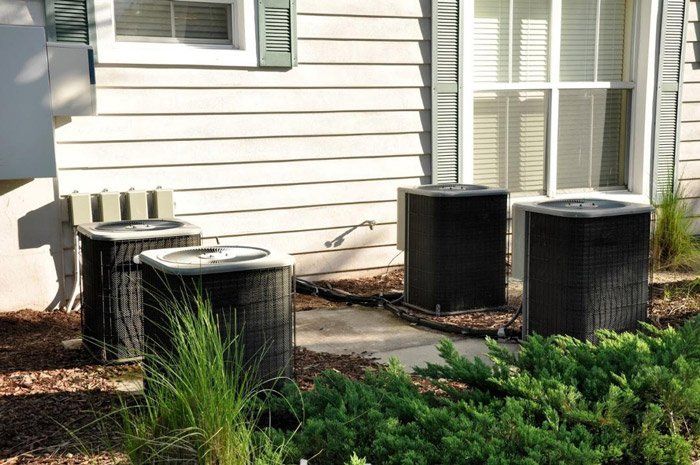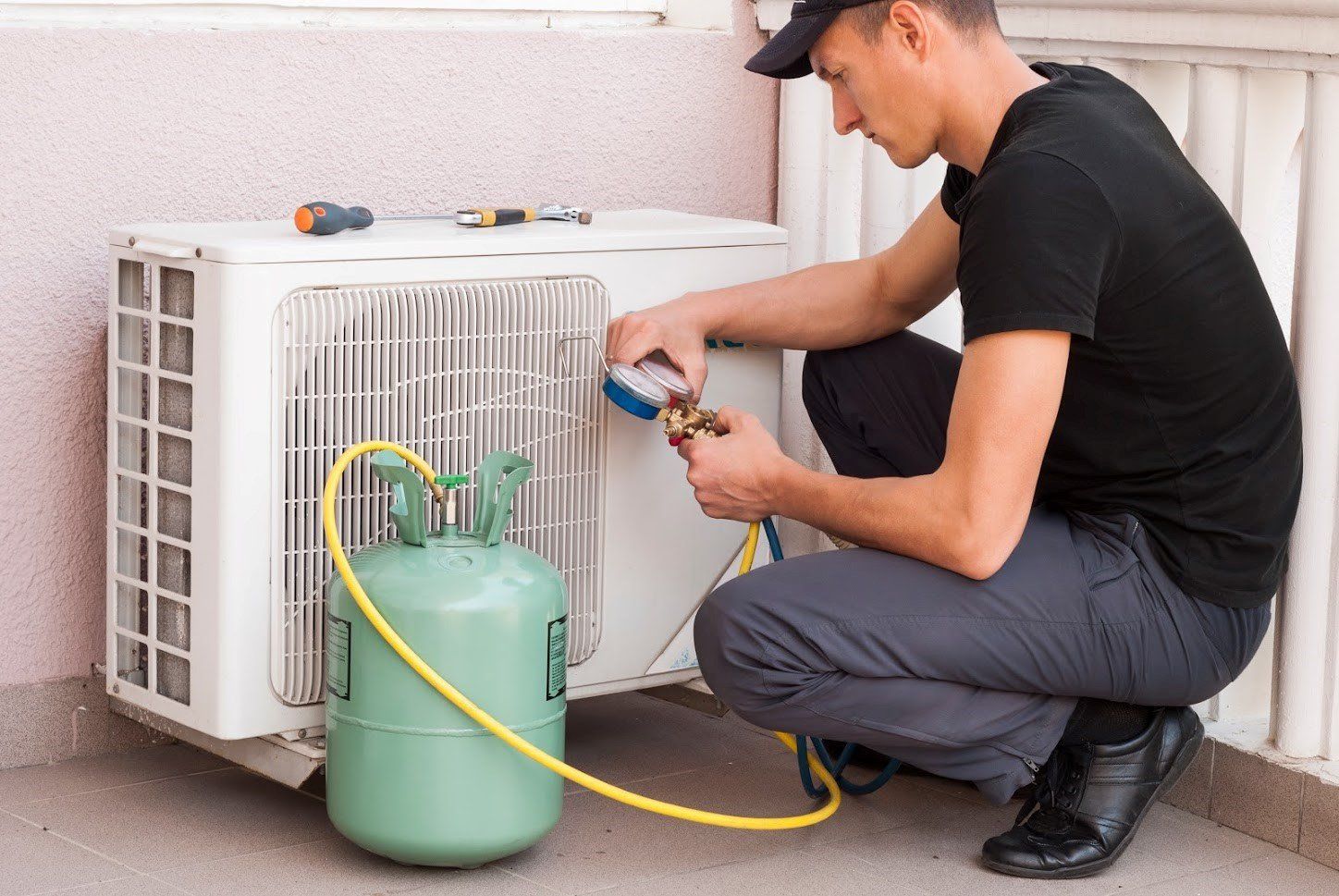Ask These AC Questions About Your New Older Home's System
September 9, 2020
Are you buying an older home? If the property has an existing AC system, take a look at the cooling questions to ask right now.
When Was the Last Time the System Required a Repair?
Did the seller just overall the AC system or repair wear? If the seller discloses a repair, dig deeper and ask if this is the only recent service. While a one-time or occasional repair isn't necessarily cause for concern, a checkered history of multiple service calls may indicate a failing system.
Who Last Repaired the AC System?
Was the last AC repair a professional job or a DIY fix? Air conditioners are complex systems and require extensive knowledge and experience to repair.
If the homeowner or a friend with limited expertise in HVAC systems installed or repaired the air conditioner, the unit may need a professional inspection. An HVAC contractor can examine the system, assess the repair work, and help you to better understand if the current state of the unit. The contractor can also recommend remediation or other repairs if needed.
When Was the Last AC Maintenance Service?
Repairs aren't the only type of professional service to ask about. You also need to know about the air conditioner's maintenance history. Ideally, the air conditioner would have regular annual service checkups and cleanings before the peak cooling season. This type of service helps the air conditioner to work at peak efficiency and can catch potential problems before they go from minor to major.
Who Installed the Air Conditioner?
Like repairs, installation is a job that requires an HVAC professional. Novice DIYer's should never attempt this type of installation. Failure to correctly install an air conditioning system can result in serious safety issues, inefficient cooling, or ineffective cooling. These issues can cost you money in electricity (cooling) costs or repairs.
When Was the Air Conditioner Installed?
If the seller scheduled the installation service, they should have a record of the date. The average central air system has a seven to 15-year lifespan, according to the International Association of Certified Home Inspectors (InterNACHI). While age isn't the only predictor of an AC system's durability, expected longevity, and efficiency, older air conditioners are likely to have more problems than brand-new models.
An older AC system may cost you more in energy-related bills. According to the U.S. Department of Energy, a new high-efficiency AC system can reduce a home's energy use by 20 to 50 percent — in comparison to an old unit. The installation date can help you to better determine what you can expect from home cooling costs.
What Are the Cooling Costs?
Even though the age of the air conditioner provides clues as to its efficiency and overall costs, you may want concrete proof of the price you'll pay. Ask the seller for information on what they typically pay for home cooling costs. This could include the monthly bill and the average thermostat settings. If the seller regularly sets the temperature lower than you would, expect to see higher bills.
What Type of Technology Does the System Use?
Today's air conditioners are more than just machines. Central air, like many other parts of the modern home, is a high-tech system. If you want a smart home, smart thermostat, or a similar type of integrated technology that controls multiple systems or the indoor climate, you need a newer air conditioner. Older AC units may not have the right tech specs to mesh with a smart home system.
Does your future new home need a professional air conditioner inspection or service? Contact Weather Control Air Conditioning, Inc., for more information.

